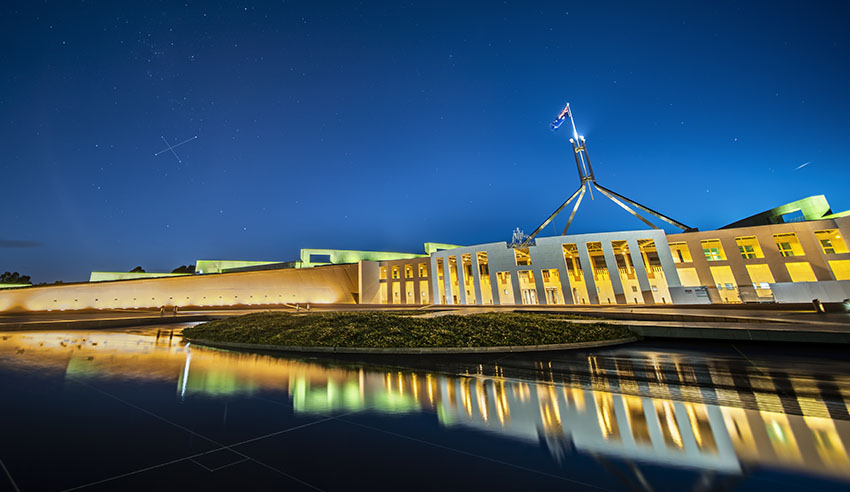Union and human rights experts must be brought to the table to help the federal government tackle modern slavery, in addition to corporations, argue legal advocates.

The Department of Home Affairs has established a new Modern Slavery Expert Advisory Group, as part of the Morrison government’s plans to eradicate modern slavery.
According to ACTU president Michele O’Neil, any advisory group for the eradication of modern slavery “must have a place for workers at the table”.
“Unions deal with the issues of labour exploitation every day and its workers in the end who are victims of this insidious trade. In order for there to be a genuine and meaningful outcome from this process, workers and their unions need to be involved,” she said.
“This isn’t just an issue of business and supply chains, it’s about workers, wherever they may be, in chains – enslaved to an economic system that exploits them ruthlessly. Their voices matter.”
Human Rights Law Centre director of legal advocacy Keren Adams added that the need for the government’s approach to be informed by those working directly with workers at risk is “critical”, particularly in the age of coronavirus.
“As it stands the advisory group is stacked with companies who are meant to be the subject of the new modern slavery laws, rather than organisations representing the interests of exploited workers. The government must listen to human rights experts if it is to eradicate forced labour in supply chains,” she said.
Elsewhere, UNSW Law Professor Justine Nolan said: “Tackling modern slavery is an enormous challenge that requires collaboration. It should and must involve workers, as well as business, consumers, government and civil society.”
“So far, the process of developing Australia’s modern slavery laws has provided for input from a broad range of people and organisations. Going forwards, the government must ensure its expert advisory group also reflects the diverse voices within this debate if it is to have legitimacy,” Professor Nolan added.

Jerome Doraisamy is the managing editor of professional services (including Lawyers Weekly, HR Leader, Accountants Daily, and Accounting Times). He is also the author of The Wellness Doctrines book series, an admitted solicitor in New South Wales, and a board director of the Minds Count Foundation.
You can email Jerome at: